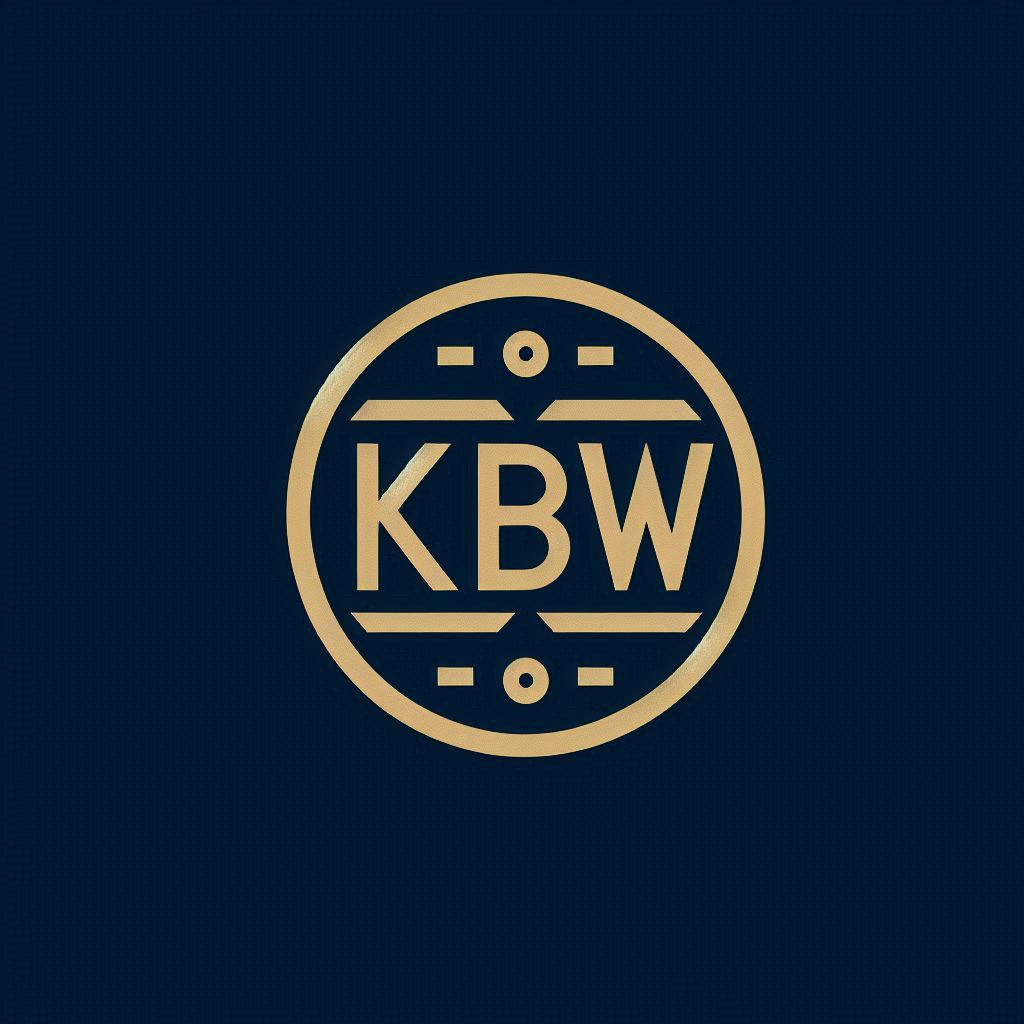Your best work doesn't come from exhaustion—it comes from being fully present, both at work and outside of it.
For years, I believed that the longer I worked, the more successful I would become.
I stayed late, skipped dinners, and thought productivity meant being the last one to leave the office.
And for a while, it seemed to pay off—recognition from managers, fast-tracked projects, and that sense of being “driven.”
But eventually, I started noticing the cracks.
Despite working in a great company with supportive colleagues, I felt something was off.
I was constantly tired, less focused, and strangely… less effective.
Worse, I began missing important moments with my family—moments I couldn't get back.
And one day, my manager said something simple that hit me hard:
“It's not about how long you work—it's about what you deliver.”
That moment changed how I approached everything.
Therefore, I started setting clearer boundaries.
I gave my best during working hours, prioritized rest and relationships after. And the results?
My focus returned. My creativity improved.
I was achieving more—with less time.
Because when we treat communication as more than just words—
We start showing up for each other in the ways that matter most.
I was in the office one afternoon.
Nothing unusual—just emails, meetings, and the usual noise of keyboards.
But I noticed something.
One of my teammates had been unusually quiet.
Not the calm, focused kind of quiet—but the kind where you can feel the weight.
Tasks kept piling onto his desk.
He never asked for help.
Never said he was overwhelmed.
But his screen was always open, even during lunch.
His shoulders more hunched than usual.
He was always there, but somehow not quite present.
Meanwhile, another team member—just as capable—was cruising through the day.
Not out of laziness. Just… fewer tasks.
And yet, the balance stayed the same.
The one who needed help didn't ask.
No one asked if he needed help.
Maybe it was pride.
Maybe it was fear.
It was just silence.
And sometimes, the most helpful thing isn't asking them if they're okay.
It's acting. Gently redistributing the load. Bringing someone in as a collaborator—not a rescuer.
Here's what I've learned:
People don't always say what they need.
They show it—in subtle shifts. In energy. In patterns.
And sometimes the best kind of communication isn't loud or clever.
It's quiet.
It's noticing.
It's stepping in—not to fix, but to share the weight.
Because not every cry for help sounds like one.
Sometimes, it just looks like someone staying late.
And sometimes, that starts by saying nothing at all
We were in a meeting with a customer.
And things escalated fast—everyone was talking nonstop, the discussion got heated, and voices started to overlap.
Tension filled the room. Ideas clashed. No one seemed to be hearing each other anymore.
But instead of jumping in, I stayed silent. I listened and watched.
And I waited—not passively, but patiently—until the noise burned itself out and the room fell quiet for just a moment.
That's when I spoke.
Calmly, I brought the focus back to the core issue.
I voiced what I had heard—each person's concern, frustration, and intention—so everyone felt seen.
Then I reframed the problem and suggested a solution that addressed the bigger picture.
The mood shifted. People leaned in. The discussion became productive again. We moved forward.
Therefore, I learned that in moments of chaos, silence is not weakness—it's a strategy.
Because sometimes the most impactful voice… is the one that listens fully, then speaks with purpose.
